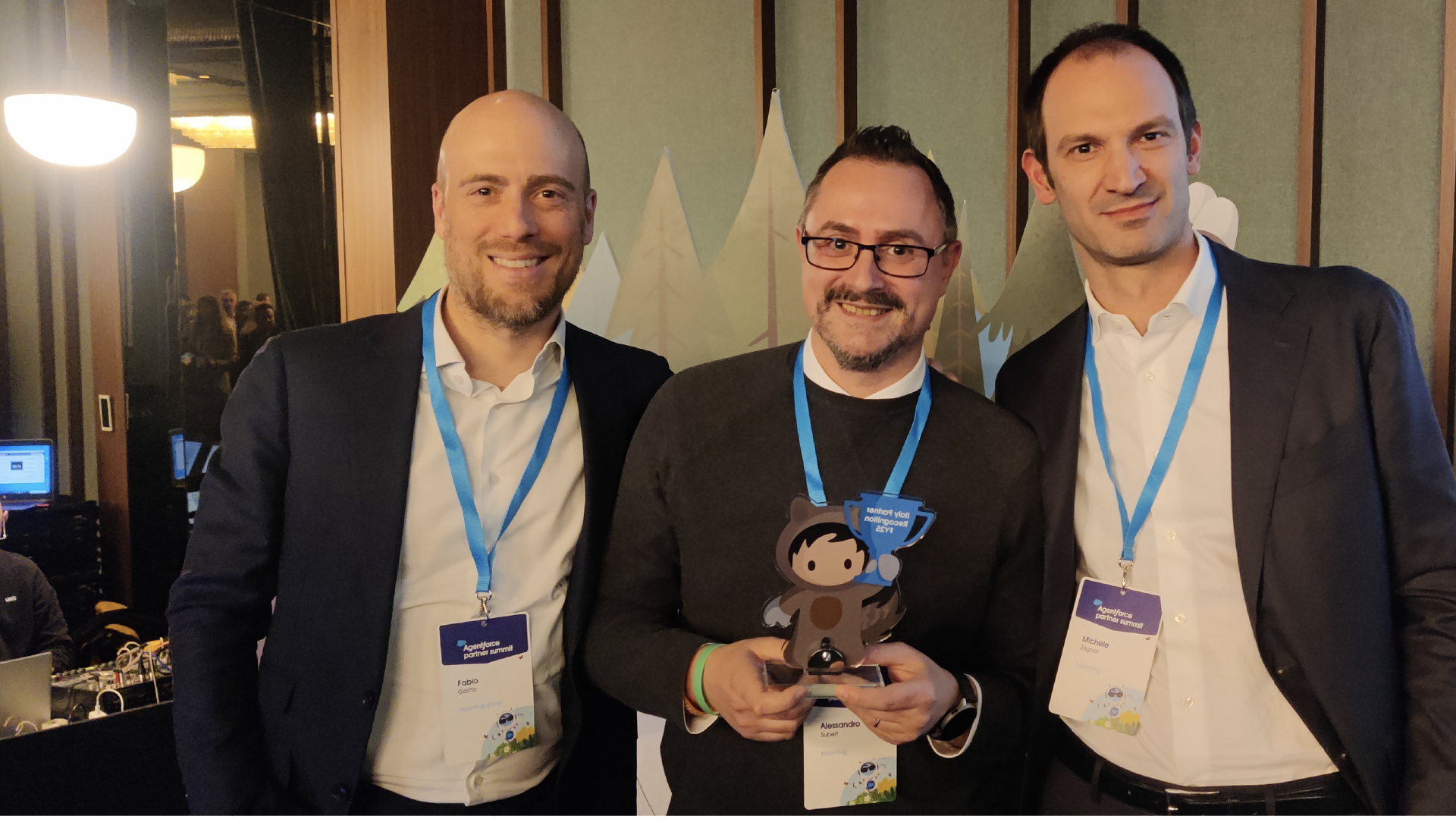Digital recruiting: job interviews and the search for talent
How the search for talent and the conduct of a job interview are changing. We discuss this with Giulia Vitetta, Group Deputy HR Director.

The scenario: from recruiting 2.0 to social recruiting
How recruiting is carried out has changed significantly in recent decades under the push of technological innovation and has recorded significant trends, from recruiting 2.0 to digital recruiting through social recruiting.
In the now distant 2009, recruiting 2.0 had already been talked about for some time. The term indicated a new method of selecting personnel that no longer made use of traditional means, press, radio, recruiting companies, head hunters for high-level figures, but exploited the potential of the web to extend the territorial and temporal boundaries of the search. The arrival of online job postings and the possibility of applying with a click represented a major change in job searching. The transformation had already started some time previously, but the first decade of the 21st century saw the consolidation in Italy of this union between recruiting and the web. The economic crisis, the reduction of business opportunities and budgets, the advent of Millennials and technological advances then helped to inaugurate a second phase of personnel selection: that of social recruiting.
The major recruiting companies resisted, more or less, the crisis and the lesser willingness of companies to recruit. They tried to adapt to new market demands by proposing new tools capable of involving the new generation of Millenials, that is, those born between 1980 and 1995. From this point of view, Linkedin represents a radical innovation. The possibility of having one's own professional profile always visible and accessible to all has undoubtedly accelerated the process of "obsolescence" of the CV databases, which had become increasingly less up-to-date. The professional social network then helped to give a big boost to direct searching and personal branding strategies.
Why the job interview remains fundamental
However, what makes a candidate unique is discovered only during a job interview.
Many of the most professionally accomplished people obtained their position thanks to a job interview, with questions specifically studied through what has become an authentic "science of recruiting".
HR managers of large companies do not have the habit of wasting time with silly or irrelevant questions; they often have two or three favourite questions, a sort of trademark, questions that they have a habit of asking during a job interview. The fate of a candidate is often decided on the basis of the answers to these two or three questions.
The topics covered during an interview are very varied: from motivational aspects to description of more personal aspects, from work experiences to dreams, successes and failures experienced, from style of collaboration (leadership) to tastes in the matter of holidays. All can become relevant parameters during an interview.
The 8 key questions of a job interview
We asked Giulia Vitetta, Group Deputy HR Director of mashfrog Group what her "favourite questions" are and why, in her opinion, they can provide us with the most interesting information about the candidate during the interview.
1. Why do you want to work here? What would you miss from your current job if we hired you?
“We want to understand how much research has been done on our organisation, what are the strongest motivations in general for change and, in particular, how much the person wants the job we are inclined to today and not another. The candidate always has different motivations for changing, but even just the way he/she prioritises the different motivations reveals a great deal about what is important to them. The fact that the person took the time to investigate our company conceals a stronger motivation."
2. Tell me something you really think, but about which nobody agrees with you.
"This is a test that has to do with the originality of thought, the candidate's ability to have ideas that go against the flow and, to some extent, finds the courage to talk about their ideas even when nobody is ready to support their thesis."
3. How old were you when you did your first paid job?
“We try to understand how not only the work ethic but also the sense of independence is instilled in a person. Those who have worked part-time during university studies because they needed it show a huge level of personal responsibility. Furthermore, being able to obtain results in two different fields by carrying them out at the same time is a quality that demonstrates considerable willpower."
4. Who is a source of inspiration for you?
“Steve Jobs? Marilyn Monroe? Bob Dylan? There is no right or wrong answer. The question is asked to understand the candidate's ability to motivate his/her choices. This is the central focus of the answer: a choice is usually expected one way or another in line with a professional context."
5. Have you had experiences of voluntary work?
“The goal is to know if there have been any causes that have really meant something to the candidate. Giving up your spare time in favour of a cause you care about is an element that denotes a level of attention towards others and a social sensitivity that cannot be taken for granted."
6. Has there been a person who particularly influenced your career?
"There are personal encounters that can give or have given a unique turning point in the life of each of us: for the interviewer, understanding who made the difference in the candidate's career and why is a way to understand something more about that person."
7. How do you define success?
“This is a way of investigating the candidate's priorities and values. Is he/she motivated by a high salary? By being put to the test in challenging roles? By learning new skills? Or does he/she choose a more personal and individualistic approach to success?"
8. What has been your best day in the past year? And the worst?
“The examples should highlight professional experiences showing the risks taken, the successes, the failures and the way in which these have made the person grow. Here, too, what is important is not so much the example given in itself as the characteristics of the candidate that emerge during the description of both the positive and negative moments. Generally, companies greatly appreciate calculated risk-taking and propensity for action. Speed matters more and more in business today, as does achieving results. What is appreciated despite all the adversities is the ability to prove to be up to the situation and pick oneself up again with energy even from difficult situations."
Giulia Vitetta, graduated in Philosophy from the University of Milan and later specialised in the HR sector with a Master's in Human Resource Management.
She began her professional career in a head hunter company and over the years has consolidated her experience and skills in Talent & Performance Management, Recruiting and Training.
Giulia joined Mashfrog in 2020 as Group Human Resources Director. She coordinates and supervises the Recruiting, Training, Talent & Performance Management and Personnel Administration processes with the aim of promoting a positive work environment through talent training and development initiatives consistent with the mashfrog Group's ambitious growth objectives.
“I am curious, stubborn, I always like to explore new possibilities, I am passionate about theatre, good food and American novels. The work I do is also what comes most naturally to me in life. In fact, I love to observe people, study and try to understand their behaviour, enhance their skills and relationships, dealing with their expectations."


